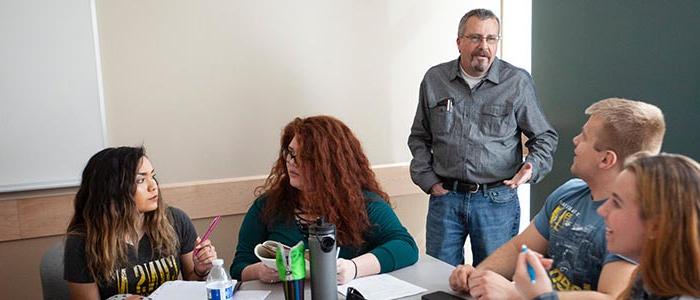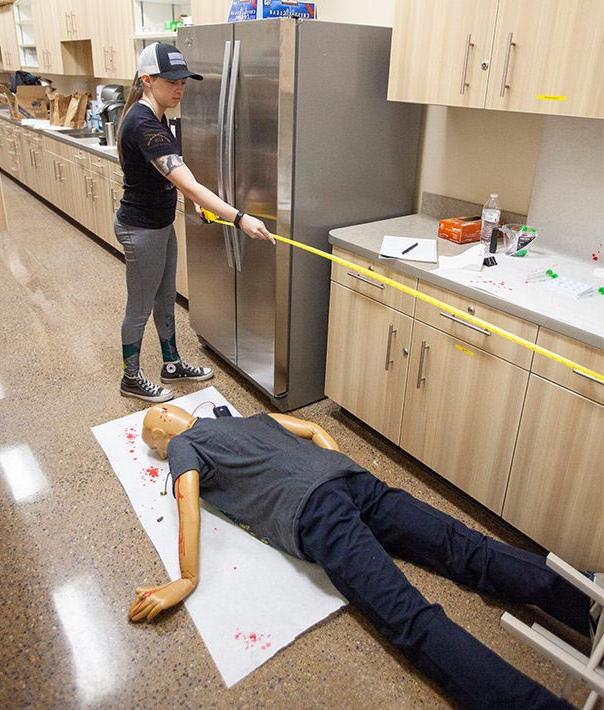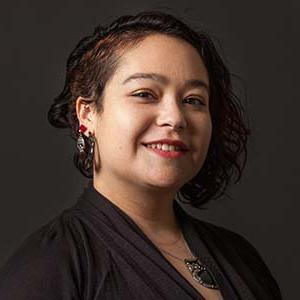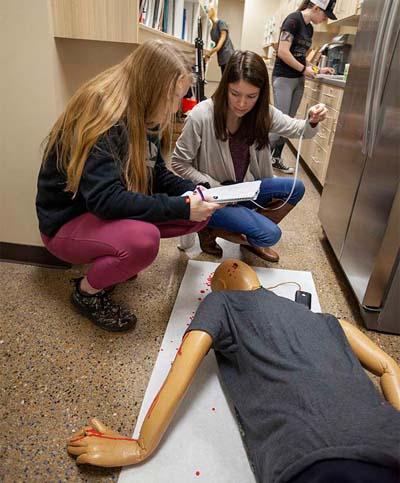Program Learning Outcomes for the Criminal Justice AAS
Program learning outcomes are the knowledge, skills, and abilities that students will
achieve before they graduate. The outcomes below were developed by the faculty in
Criminal Justice with input from accrediting bodies, advisory committees, employers,
etc. This collaboration ensures that the outcomes are relevant for careers that this
degree leads to.
Students who graduate with an AAS in Criminal Justice will be able to:
- Apply critical thinking skills to analyze complex criminal justice issues and formulate
evidence-based solutions.
- Demonstrate an understanding of the legal system, criminal law, and the rights of
individuals involved in the criminal justice process.
- Evaluate the effectiveness of various law enforcement strategies and techniques used
to prevent and solve crimes.
- Utilize effective communication skills to interact professionally with diverse individuals
and groups encountered in the criminal justice field.
- Demonstrate an awareness of ethical principles and apply them to real-world situations
encountered in the criminal justice field.
- Evaluate the impact of historical, social, and cultural factors on the development
and functioning of the criminal justice system.
- Apply knowledge of technology and forensic science to criminal investigations and
evidence collection.
- Demonstrate an understanding of the roles and responsibilities of various criminal
justice agencies, including law enforcement, courts, and corrections.
- Apply knowledge of human behavior and psychology to understand criminal behavior and
prevent recidivism.
- Develop a professional identity as a criminal justice practitioner and understand
the importance of ongoing professional development in the field.

Theory
There are several broad theories dealing with criminology, victimology and criminal
justice. Students will be able to articulate these theories as related to the three
pathways and apply these theories to current studies in the criminal justice field
as well as specific theories to specific courses (Juvenile Justice, Criminal Evidence
and Investigation, etc.).
Methodology
Students will be able to interpret and analyze data from scholarly and popular sources,
fostering critical thinking, and enabling the ability to use relevant data for decision
making and forming written and verbal arguments.





